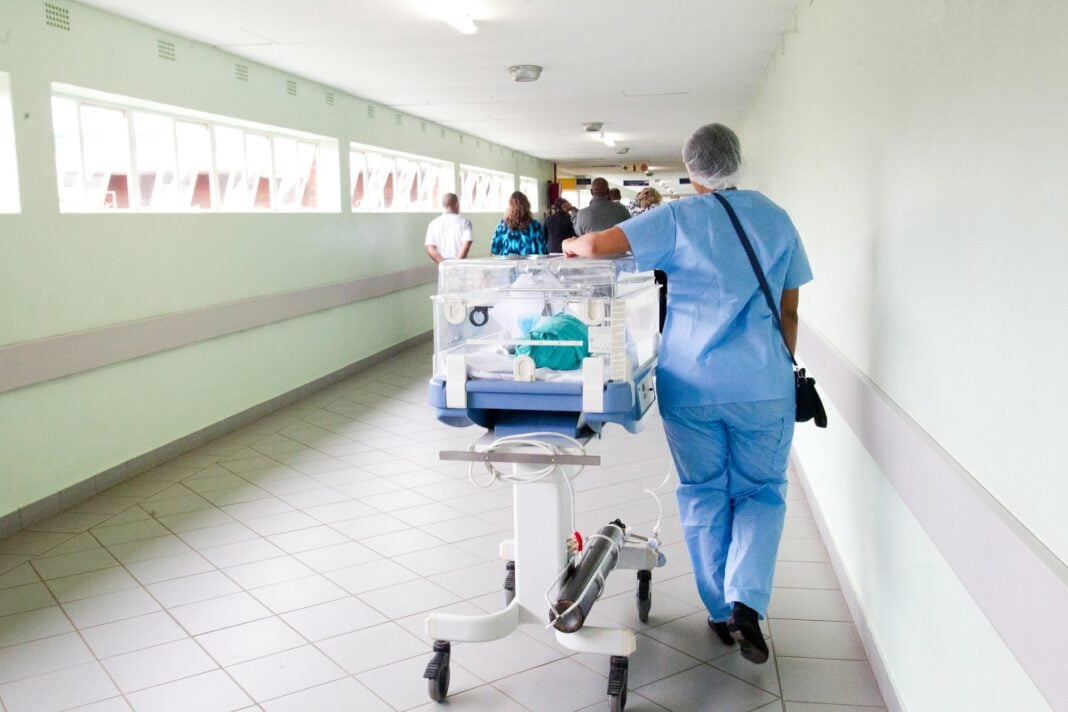In an age where healthcare is increasingly centered around patient autonomy and quality of life, the concept of independence has evolved far beyond simply managing daily activities. For many patients facing complex medical conditions or recovery from surgery, true independence requires the integration of professional support, medical expertise, and compassionate care. This is where skilled nursing care comes into play—not as a means of dependency but as a powerful enabler of patient-led living.
Skilled nursing care encompasses a range of services provided by licensed professionals in environments such as rehabilitation centers, assisted living facilities, or even within a patient’s home. These services include wound care, physical therapy, medication administration, post-operative recovery, and chronic condition management. But beyond these medical functions, skilled nursing care is instrumental in transforming patients’ lives by helping them regain control, confidence, and the ability to live more fully. The redefinition of independence isn’t about eliminating assistance—it’s about reshaping it to serve patient dignity and empowerment.
Advancing Skilled Nursing Through Education and Innovation
The role of higher education in modern healthcare is pivotal. As medical science becomes more specialized and patient care more nuanced, the industry requires professionals with advanced knowledge and a holistic understanding of both clinical and human factors. In this context, RN to FNP programs play a crucial role in preparing registered nurses for leadership in patient-centered care. These programs not only deepen clinical acumen but also instill the communication and critical thinking skills essential for advanced practice.
Educational institutions such as William Peterson University exemplify this commitment to excellence. The university provides a supportive yet challenging environment, equipping students with the tools and mindset required for long-term success in healthcare.
Students are encouraged to think beyond traditional care delivery and develop innovative approaches to nursing practice that can directly enhance patient independence.
One significant advantage of modern nursing education is the flexibility of online learning, which supports working professionals in several important ways:
- Allows them to balance job responsibilities with academic advancement
- Enables continuous skill development without interrupting patient care
- Offers convenience and accessibility regardless of location or shift schedules
- Combines theoretical learning with practical application to improve real-world outcomes in skilled nursing
The Personalized Touch: A Cornerstone of Skilled Nursing
What sets skilled nursing apart from standard medical care is its personalized nature. Each patient is unique, not only in their medical needs but also in their emotional, social, and psychological circumstances. Skilled nursing professionals are trained to assess these factors holistically and craft individualized care plans that address both health and well-being.
This personalized approach extends to building trust and rapport with patients. Skilled nurses often become a vital presence in the lives of those they serve, offering emotional support in tandem with medical expertise.
For elderly patients, those with chronic illnesses, or individuals recovering from surgery, this relationship can significantly affect morale and motivation, two key components of successful recovery and sustained independence.
Rehabilitation and Reintegration: Bridging Gaps in Recovery
Many patients enter skilled nursing environments at critical junctures in their healthcare journey—following surgery, after a stroke, or during an exacerbation of a chronic illness. These periods are often marked by vulnerability and uncertainty. The transition from hospital to home or from acute care to self-management can be daunting without professional guidance.
Skilled nursing care fills this gap with a structured yet adaptable approach. Physical and occupational therapy programs are central to this effort, targeting specific deficits while promoting long-term function. Patients relearn vital activities such as walking, dressing, or using adaptive equipment with the support of specialists who tailor their methods to individual needs and limitations.
Chronic Condition Management: Sustaining Autonomy Over Time
Chronic conditions such as diabetes, cardiovascular disease, or respiratory disorders can erode a person’s sense of autonomy over time. With fluctuating symptoms and the risk of complications, managing these conditions requires both consistency and adaptability—two things that skilled nursing care is uniquely positioned to provide.
Through regular assessments, medication management, and patient education, skilled nurses play a crucial role in stabilizing chronic health issues. But their contribution goes further: they teach patients how to interpret their symptoms, when to seek help, and how to adjust lifestyle habits for better outcomes. This proactive engagement reduces hospital readmissions and emergency visits while giving patients the tools to take charge of their health.
Technological Integration: Enhancing Efficiency Without Losing the Human Touch
As technology continues to reshape healthcare delivery, skilled nursing care is evolving in tandem. From telehealth consultations to electronic medical records, technology is being harnessed to streamline workflows, improve communication, and enable faster decision-making. Yet, the core strength of skilled nursing remains its human-centric approach.
Remote monitoring tools, for instance, allow nurses to track a patient’s vital signs or adherence to medication from a distance, enabling timely interventions without the need for hospitalization. Meanwhile, digital platforms facilitate better coordination between different members of a care team, ensuring continuity and minimizing errors.
Looking Ahead: A New Paradigm of Empowered Recovery
The future of skilled nursing care lies in its capacity to continually redefine what independence means for each patient. As societal expectations shift and the aging population grows, the demand for customized, flexible, and compassionate care will only increase. The emphasis will increasingly be on helping people live not just longer but better—on their terms, with as much autonomy as possible.
Skilled nursing care stands at the intersection of health and humanity, where healing is measured not just by physical recovery but by restored hope, renewed purpose, and reclaimed independence. In redefining what it means to be free, skilled nursing empowers people to live with strength, confidence, and dignity.






